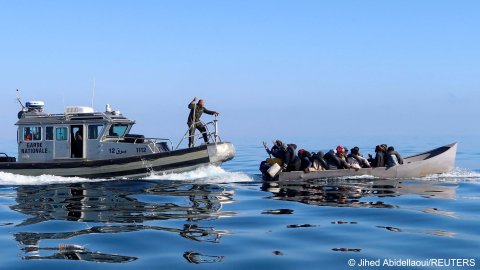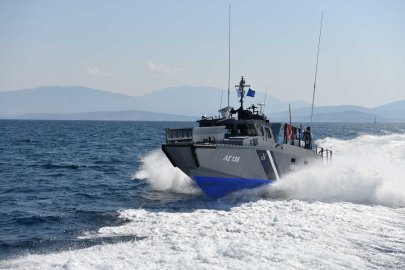EU debates ways to curb migration – especially from Tunisia
Source: InfoMigrants: reliable and verified news for migrants – InfoMigrants
EU leaders are meeting in Brussels to explore solutions to growing migration flows to Europe — in particular from Tunisia. This follows two weeks after a boat with hundreds of migrants capsized off the Greek coast in one of the worst migrants tragedies recorded in the EU.
Amnesty International joined other rights groups in denouncing the tragedy a fortnight ago, saying that it was a direct result of the “Fortress Europe” policy pursued by Brussels since 2016, when a large number of Syrian war refugees came to the bloc.
European Council chief Charles Michel said in response that the EU continues to assess “the migratory situation and progress in the implementation” of various evolving policies designed to both ensure the protection of the EU’s external border while saving lives at sea.
“The recent tragic shipwreck in the Mediterranean, and the many lives lost, is a stark reminder of our need to continue working relentlessly on our European migratory challenge,” he said.
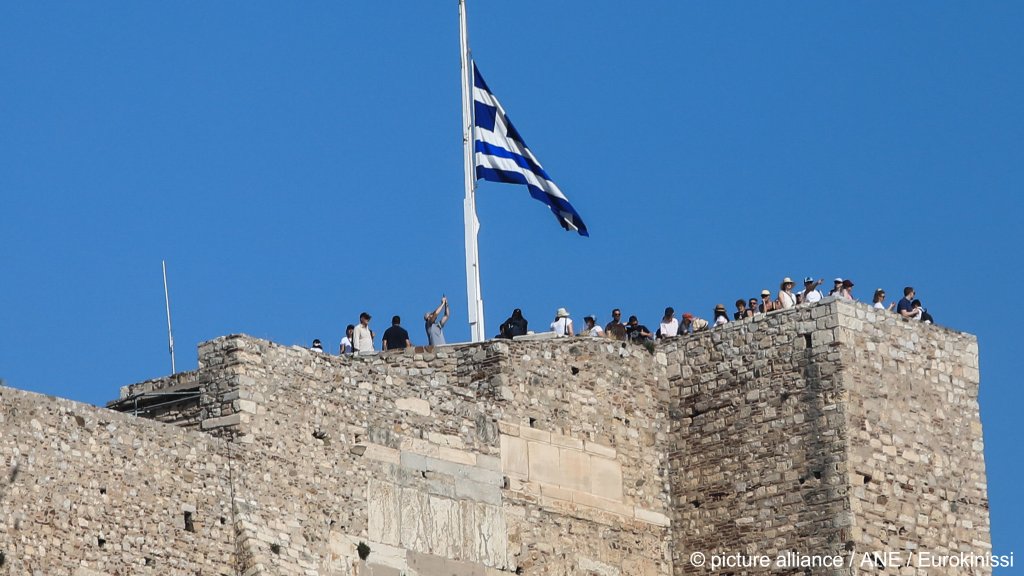
At least 82 people are confirmed to have died in the shipwreck off the Greek coast, however, hundreds of others remain missing and are presumed dead.
The exact circumstances of the tragedy are still being investigated.
Read more: EU-Tunisia migration proposal ignores human rights concerns
EU hoping to change asylum policy
For many years, the EU has been at stalemate over the migration situation, with southern EU member states like Greece, Cyprus, Italy, Malta and Spain requesting a redistribution mechanism of migrants, as they have to bear the brunt of processing new arrivals of migrants almost daily.
In early June, the EU finally reached agreement on asylum rules, which specify that the burden of hosting asylum seekers should be shared across member states.
Those refusing to partake in the mechanism, such as Poland and Hungary, will have to pay a fine of €20,000 per migrant. However, the agreement has yet to be signed off on in the European Parliament in the coming days.
It is not clear, however, how many hurdles exactly might have to be overcome in Brussels to sign the agreement bindingly into law.
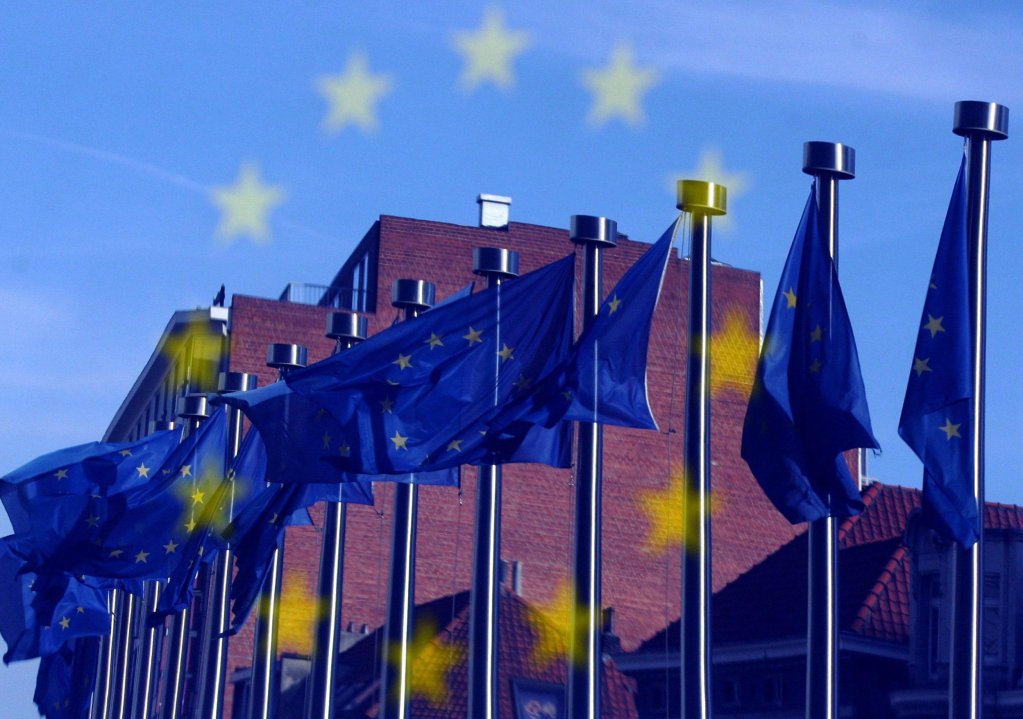
Polish European affairs minister Szymon Szynkowski vel Sek said that the cop-out mechanism of being forced to pay other EU countries to host migrants was a violation of his country’s “sovereign rights.”
“A fee of 20,000 euros is de facto punishment,” he said.
Read more: Why are so many migrants arriving on Italy’s shores?
A tempting proposal for Tunisia
The EU’s border patrol agency Frontex meanwhile wants the focus to move on preventing migration in the first place. The EU body said that the number of boat crossings across the Mediterranean Sea on certain routes have “more than doubled” between January and May this year, compared with the same period in 2022.”
Frontex highlighted that this was particularly in reference to irregular migrant entries into Europe of people leaving North African countries including Tunisia and Libya, heading to EU nations Italy and Malta.
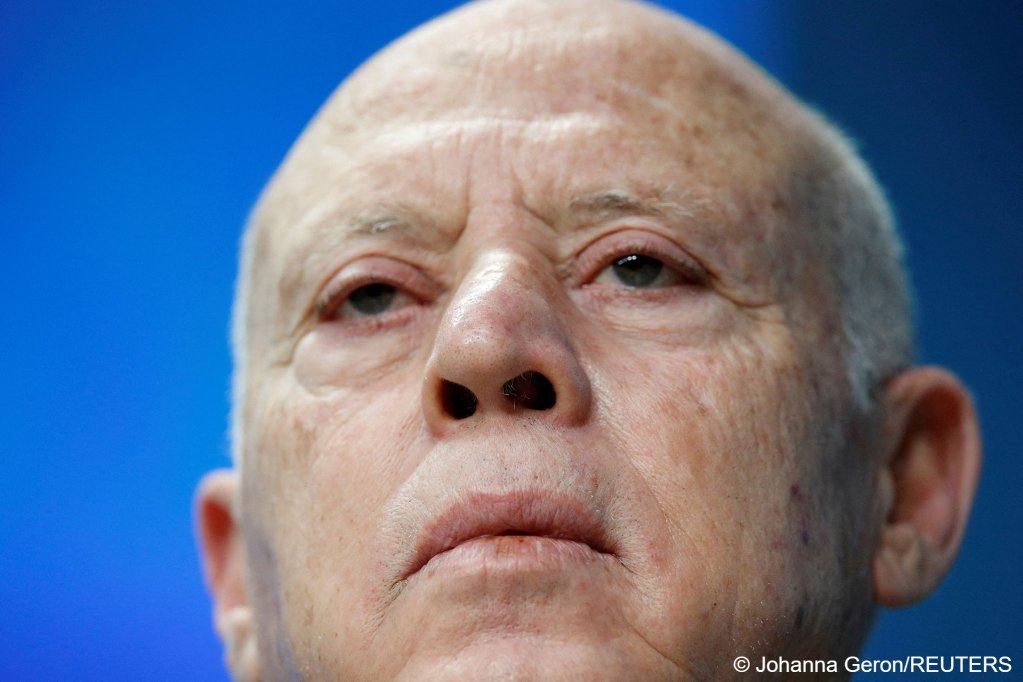
Read more: Deportations: Africa’s role in EU migration management
In order to curb migration — and save lives — the EU now hopes to effectively pay off North African countries to make sure migrants remain there, and has already devised a specific proposal for Tunisia:
Earlier this month, European Commission President Ursula von der Leyen offered Tunisia more than €1 billion to this end. The plan would be copied on the model of the €6 billion-EU deal signed with Turkey in 2016 to reduce irregular migration flows to Europe.
The EU funds are designed to be directed at improving economic prospects for people in Tunisia, which has been suffering from a crippling economy. The package would also include an additional €100 million this year to beef up Tunisia’s border patrol mechanisms, search and rescue capacities, and acceptance of denied asylum seekers.
As a condition, the North African country however has to meet International Monetary Fund conditions for an IMF loan worth nearly $2 billion first, which Tunisian President Kais Saied so far has been less than welcoming toward, referring to the loan conditions as IMF “diktats.”
Read more: Tunisia tells EU it can only guard its own borders
Foreign pressure building up
Tunisia’s foreign partners continue to urge the country to accept the IMF plan, and Italy’s Prime Minister Georgia Meloni has actively been campaigning to ease the situation with IMF.
US Secretary of State Antony Blinken warned that Tunisia risked falling off an “economic cliff,” and French Foreign Minister Catherine Colonna said that France — the former colonial power in Tunisia — would like to see the IMF deal in Tunisia succeed “because it’s in the interest of that country, which is a close country and a friendly one.”
Italian Foreign Minister Antonio Tajani meanwhile stressed that Tunisia’s stability was important for all of Europe and that to this end, the EU had to help “to address and resolve the financial problem” of its neighbor across the Med.
Read more: More European ministers visit Tunisia to talk migration
Tunisia: the leading migrant route in 2023
Tunisians are suffering from the fallout of a tanking economy, high inflation and rising unemployment, resulting in many people willing to risk their lives to seek better opportunities abroad via irregular migration channels.
However, Tunisia is considered a safe country of origin, which means that the vast majority of cases involving Tunisian nationals result in rejected asylum applications and, ultimately, in deportation orders.
Read more: Germany deports Tunisians following migration management deal
However, the majority of the migrants that board boats from Tunisia’s coasts actually originate from sub-Saharan Africa, and have already traveled across several African countries to get to Tunisia as their point of departure.
Along their route, they are usually being helped by people smugglers, whose business model the EU also seeks to dismantle, as each year these perilous journeys result in hundreds of deaths at sea and also in the desert.
The International Organization for Migration says that since the start of 2023, a total of 1,166 deaths or disappearance have been recorded in the Mediterranean Sea.
In 2022, a total of 2,406 migrants were confirmed to have died or disappeared on the same route.
Read more: Rising death toll at the gates of Europe is unacceptable, says UN
with AFP
The original article: belongs to InfoMigrants: reliable and verified news for migrants – InfoMigrants .
